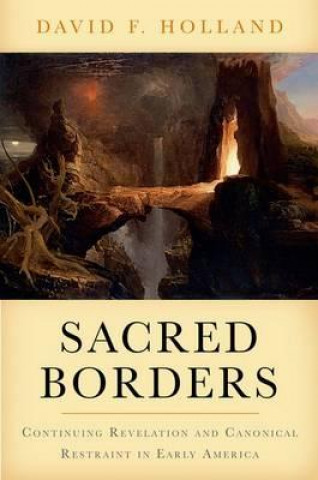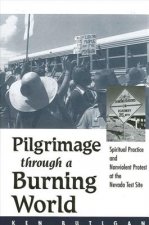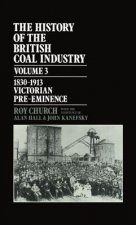
Kézbesítés
Vásárlási tanácsadó





Nem vált be? Semmi gond! Nálunk 30 napon belül visszaküldheti
 Ajándékutalvány
bármilyen értékben
Ajándékutalvány
bármilyen értékben
Ajándékutalvánnyal nem nyúlhat mellé. A megajándékozott az ajándékutalványért bármit választhat kínálatunkból.
Sacred Borders
 Angol
Angol
 370 b
370 b
30 nap a termék visszaküldésére
Ezt is ajánljuk


One Unitarian preacher prefaces his opposition to the invasion of Iraq by insisting that meaningful religion is a process of "ongoing revelation." He pits this essential "liberal" tenet against the closed-canon biblicism of "the Fundamentalists who find in their Holy Book the blueprints for war, who discover in the prejudices of ancient peoples the legitimization of oppression today," and concludes by invoking Ralph Waldo Emerson as his authority on the necessity of continuing revelation. Elsewhere, a conservative evangelical Christian observes the Episcopalian convention that nearly dissolved over the ordination of a homosexual bishop and is disgusted by the "ease with which ...clergy and laity speak of an open canon." We must be, he sarcastically suggests, "all Latter-day Saints now." Why did these two men revert to religious innovations of the antebellum era - Transcendentalism in one case, Mormonism in the other - to frame their understanding of contemporary religious struggles? David Holland argues that the generation from which Emerson and Mormonism emerged might be considered the United States' revelatory moment. From Shakers to Hicksite Quakers, from the obscure African American prophetess Rebecca Jackson to the celebrated theologian Horace Bushnell, people throughout antebellum Americans advocated the idea of an open canon. Holland tells their stories and considers their place within the main currents of American thought. He shows that in the antebellum era, the notion of an open canon appeared to many to be a timely idea, and that this period marked the beginning of a distinctive and persistent engagement with the possibility of continuing revelation. This idea would attain deep significance in the intellectual history of the United States. Sacred Borders deftly analyzes the positions of the most prominent advocates of continuing revelation, and engages the essential issues to which the concept of an open canon was inextricably bound. Holland offers a new perspective of the matter of cultural authority in a democratized society, the tension between subjective truths and communal standards, a rising historical consciousness, the expansion of print capitalism, and the principle of religious freedom.
Információ a könyvről
 Angol
Angol




 Hogyan vásároljunk
Hogyan vásároljunk






















